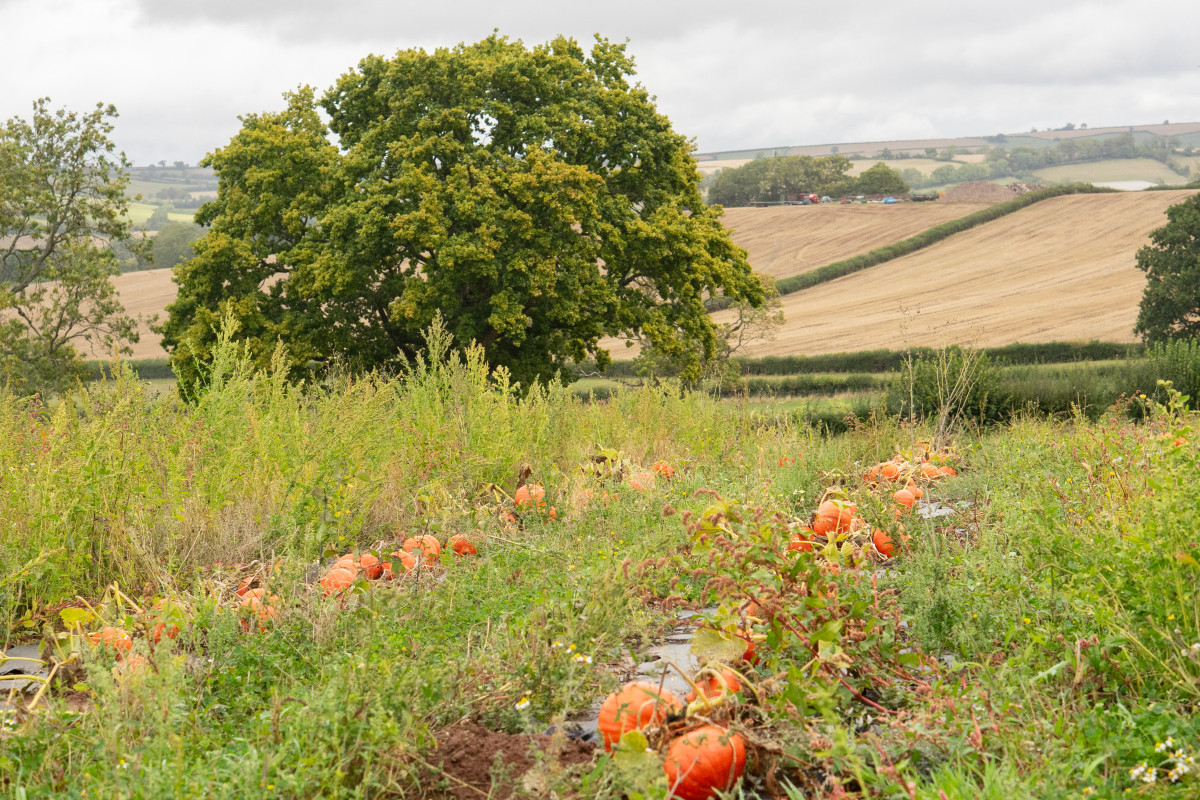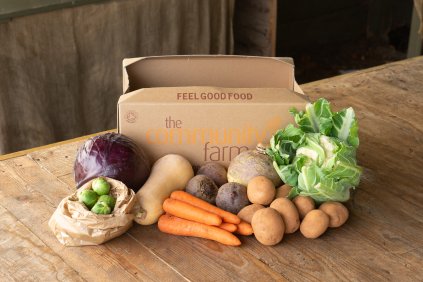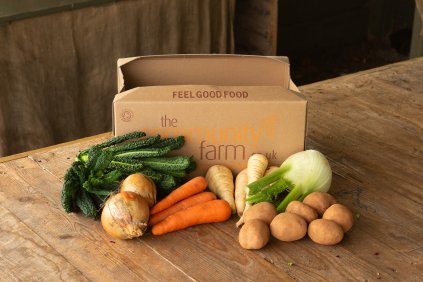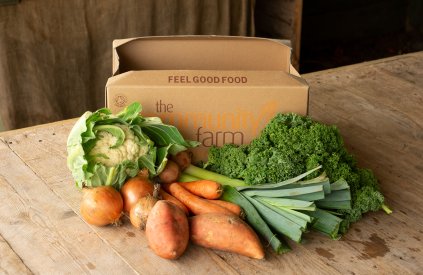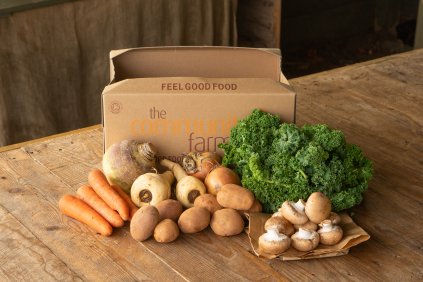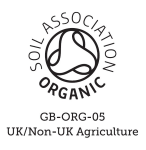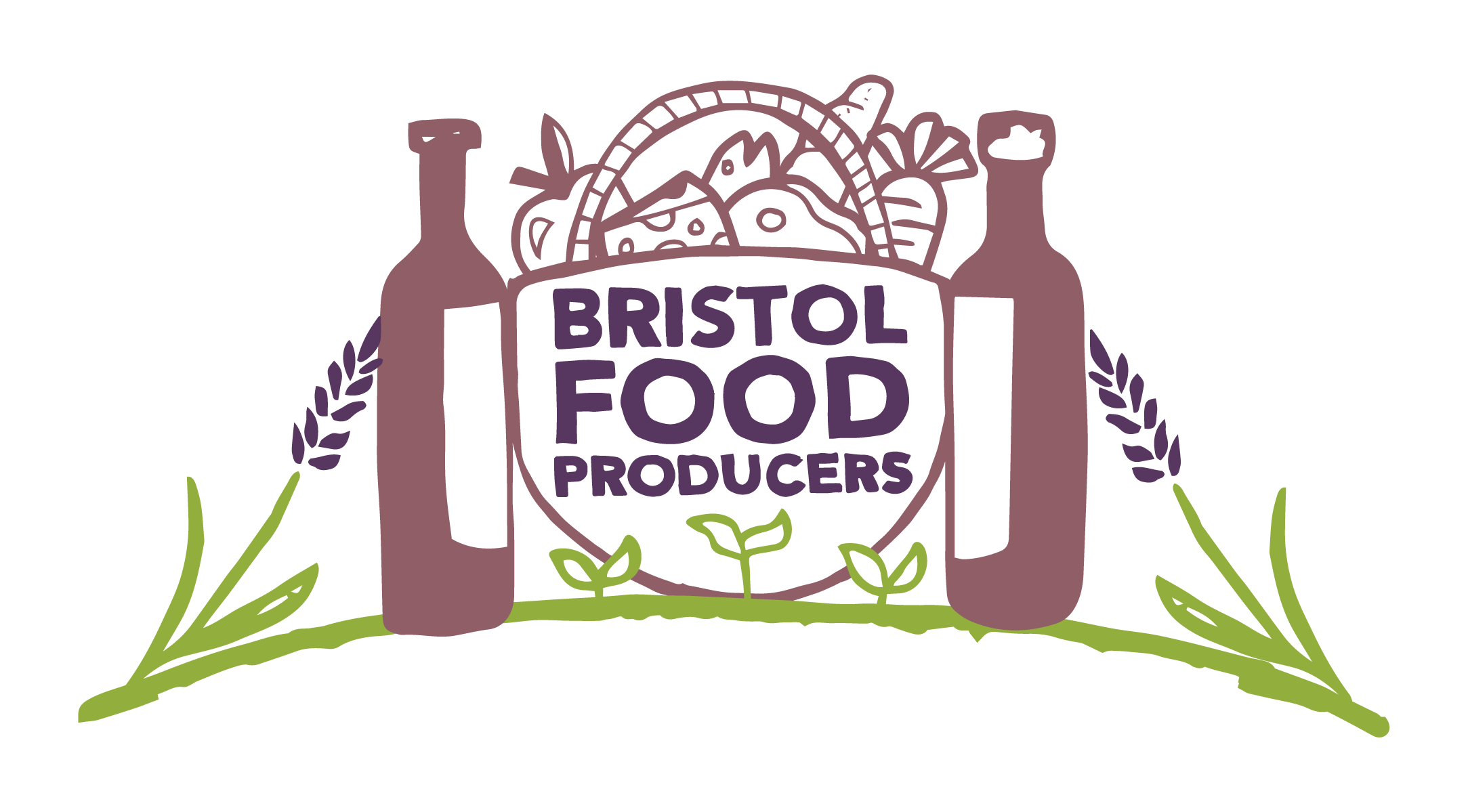Ever since our species first abandoned nomadism, planted roots and purposefully began to grow food, our relationships to the land and the systems of natural resources and energy pathways that influence it have charted the rise and fall of countless civilisations.
The ecosystem in which we live affects us and, in turn, we affect our ecosystem.
But we tend to make choices based upon what is most easily available to us, typically picking the low-hanging fruit, taking from the places in which we perceive plenty. Such actions tend to echo down the ages, with short-term gains leading to long-term problems as ecosystemic relationships break down.
Those that work with the land need to be acutely aware of the signs that indicate when such problems appear. For only as long as our ecosystem remains sufficiently intact can we be sure that there will be a harvest.
Unfortunately, few farmers nowadays fall into that category due to industrialisation and the massive scaling of corporate agriculture.
Therefore, realistically, only farmers that work hand-in-hand with natural systems at a small scale, using organic and nature-friendly techniques that keep them close to the land exist as a canary in the coalmine, one able to sniff out the health of the whole.
Indeed, something is rotten.
Following the second world war, as global capitalism significantly impacted industry and trade, the desire to over-produce food on a large and intensive scale for the gain of cheaper prices has led to enormous waste, food poverty and the widespread destruction of our soils and ecosystems.
In nations in which industrial agriculture is the norm, fewer and fewer people need to farm. And, of those, only a tiny fraction practice farming at a small, nature-friendly scale. The canaries have all but disappeared, given that the rural communities in which such practices occur have been priced out and hollowed out, socially and economically. Our food system is no longer in our hands. And many people seem to be fine with this.
We like the convenience of fast food and ready meals. But this coupled with the impact of long working hours has led to a decline in cooking culture and astronomical rises in health issues such as obesity.
Food has become separated from farming and the environment, and yet food production is one of the biggest issues regarding the future of this planet.
But the changes are not just visible by small farmers. Look around you.
As relationships in nature begin to break down, social relationships start to splinter, too. Mental health issues are on the rise at a startling pace.
This is not a coincidence. Again: the ecosystem in which we live affects us and, in turn, we affect our ecosystem.
Our governments have consistently shied away from opportunities to create legislation that would change our farming practises and promote healthy environmental stewardship. Such a path is essential for the future of this nation, for the future of the planet, and those that oppose a move towards small, organic and nature-friendly farming should be scrutinised with great prejudice.
The Agricultural Bill currently being debated (https://services.parliament.uk/bills/2017-19/agriculture.html) is such an opportunity. Organisations such as the Landworkers’ Alliance have pointed out various necessary amendments in the bill that relate to the above issues (https://landworkersalliance.org.uk/amend-the-agriculture-bill/). There also remains a gulf between what is said in discussion of the bill and its content. Following a speech given by the Rt. Honorable Michael Gove MP at the Oxford Real Farming Conference, Colin Tudge, co-founder of conference said: “While Mr Gove says all the right things and is enthusiastically knowledgeable on a wide variety of issues that are important to the ORFC, he remains difficult to pin down on vital details, such as why agroecology and organic farming continue to be omitted from the Agriculture Bill, despite widespread support for its inclusion and his personal support for the environmental protections whole-farm systems bring.” (https://orfc.org.uk/gove-continues-to-lack-clarity-on-agriculture-bill/). Be sure to ask your local representatives their opinion on this matter, and vote accordingly.
Farming is perceived to be a bumpkin industry, irrelevant to our modern, third-sector driven economies. This could not be further from the truth.
If we are serious about the future health of our ecosystem, and therefore the health of our societies, then we have to take action.
A new generation of innovative growers, new entrants into farming and inspiring community projects exist that want to make a difference and can have a positive impact on the whole. If we can create the right conditions, backed up with policy and legislation, we can make a difference. A difference that will result in reduced health issues, stronger communities, and a future of growing possibilities rather than a future of ever-declining choices.
Further Reading
The Death of Cooking - The Guardian
Changing Food Cultures - Exeter University
Agricultural Bill
Parliament progress of The Agricultural Bill
The Oxford Real Farming Conference
Landworkers' Alliance


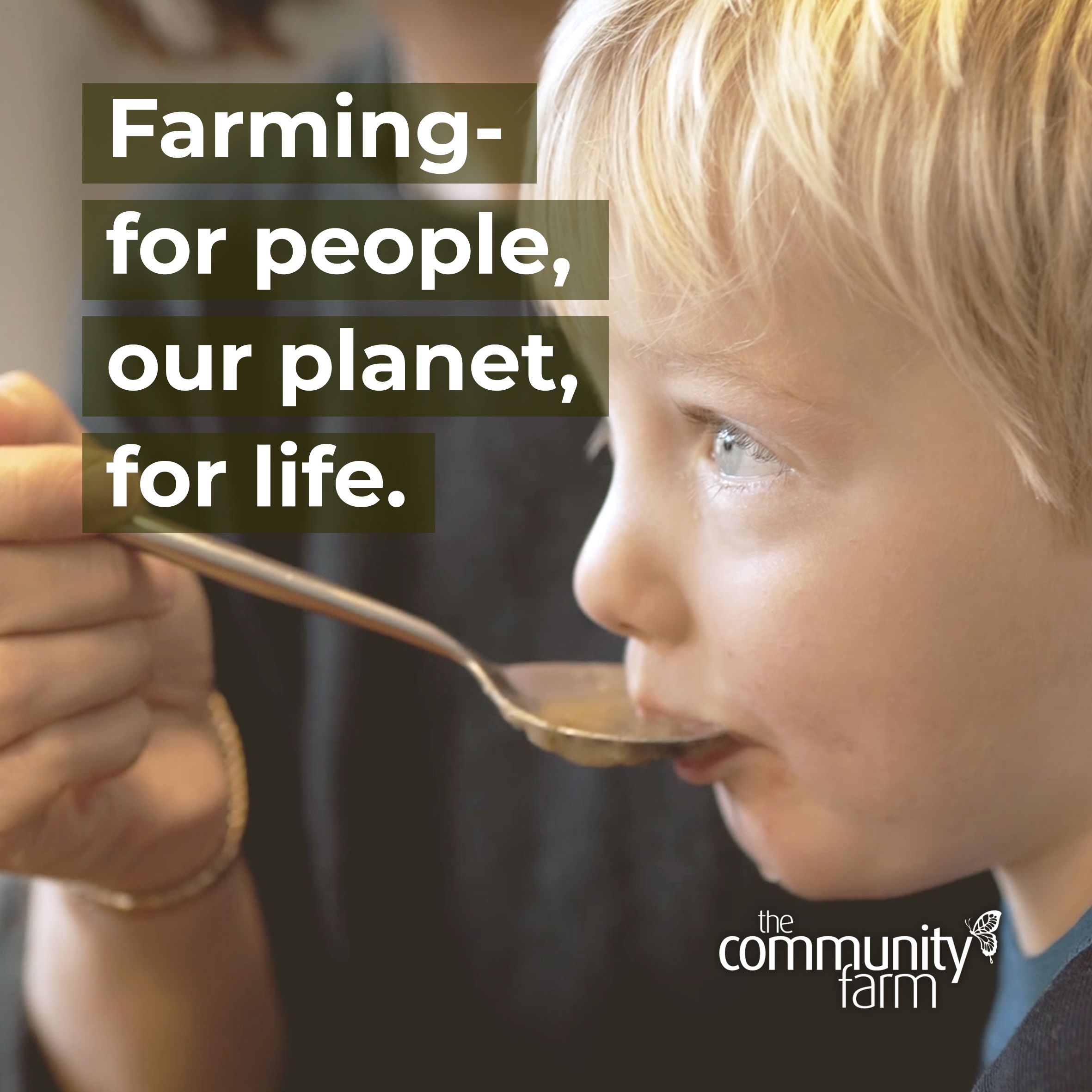
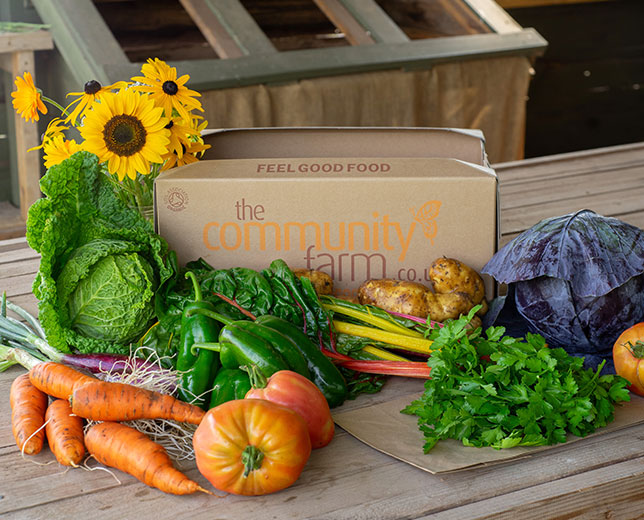
.jpg)
